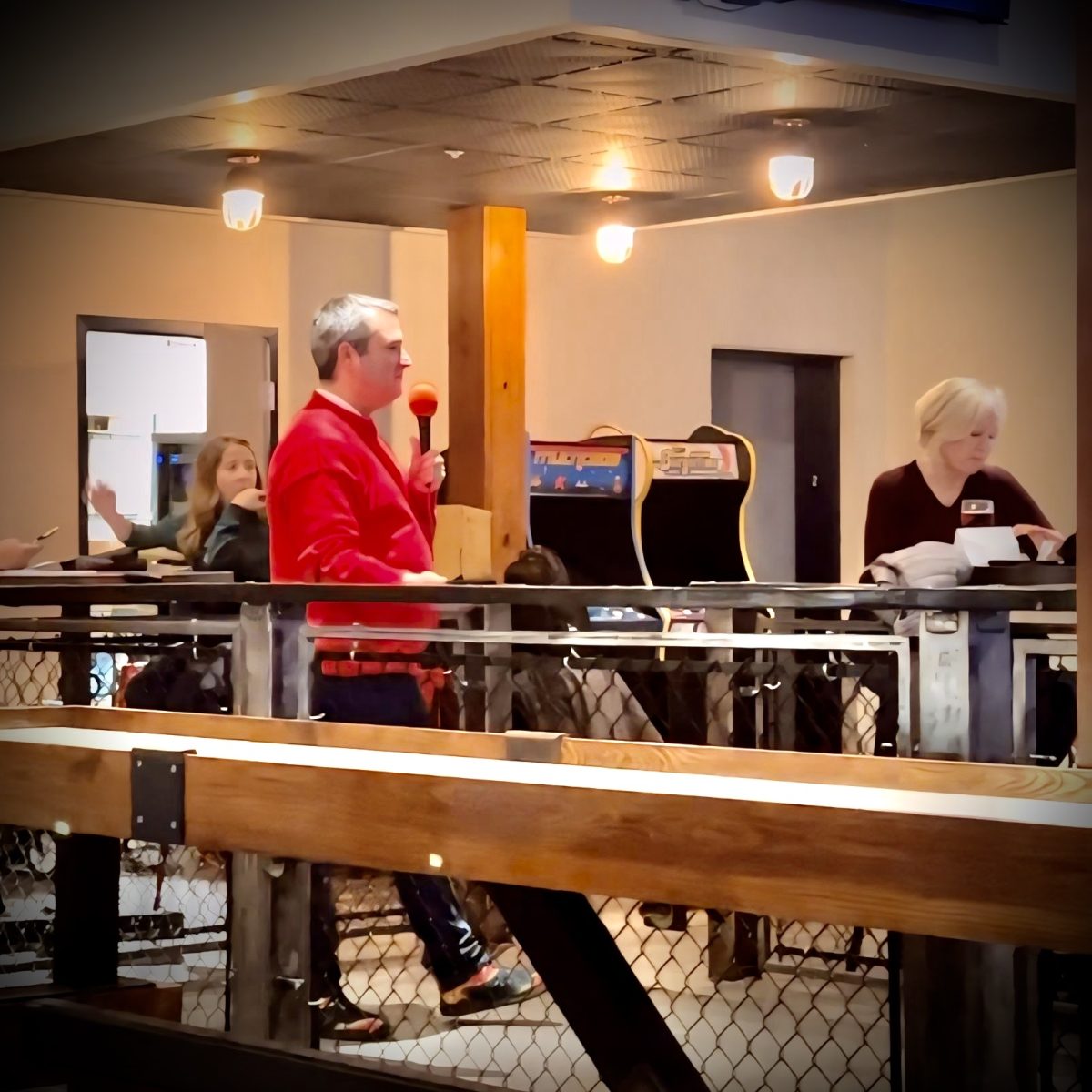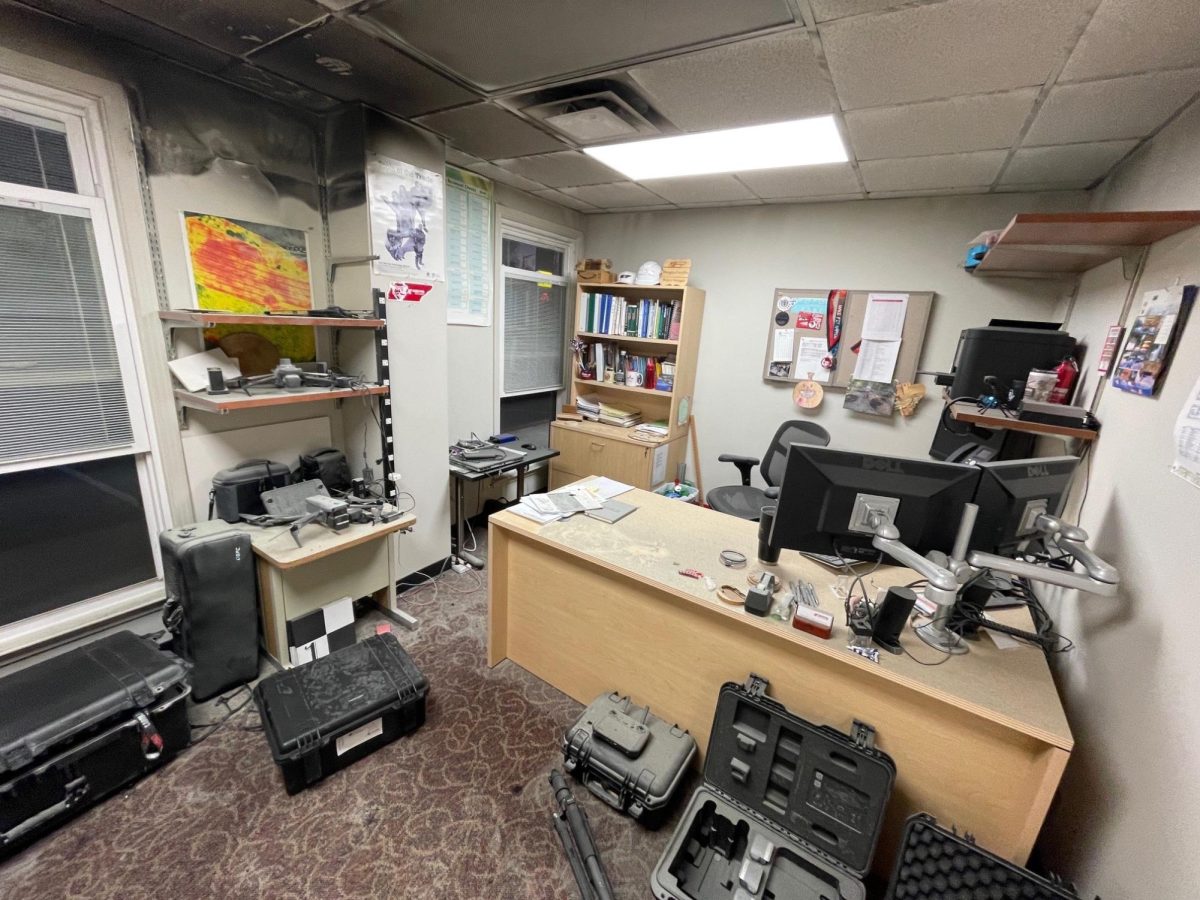» By BRITTANY WESTER-bwester2@my.apsu.edu
Students need a little help deciding what courses to take, so all students are assigned advisers. However, because advisers are assigned several students, some students may not receive the best help possible concerning the proper courses to take. To assist students who need a
little extra help, there is a new system in APSU’s OneStop called Degree Compass, which suggests the courses that are best fit for students to take in the upcoming semester.
This year, Degree Compass has made APSU one of the finalists to receive a Learning Impact recognition award from the IMS Global Learning Consortium.
The IMS Global Learning Consortium is a nonprofit organization working with universities, school districts, government organizations, content providers and technology suppliers to open up new areas for academic progress through technology. Every year they conduct a global meeting to discuss different kinds of higher initiatives for progress. This year the organization is specifically focusing on trying to help students move through degrees efficiently, something APSU has been working to do. Every year they have a set of awards they give for different software products and initiatives that are being put into place, which they feel are making an important impact in academia.
The new system helped Tennessee to receive a $1 million grant from Complete College America and the Bill and Melinda Gates Foundation last year. Part of the grant went to help get Degree Compass implemented at three other schools. It has been decided Nashville State, Volunteer State and the University of Memphis will be the first three institutions, aside from APSU, to use Degree Compass. They are expected to be able to use the new system for their students starting in the summer.
Degree Compass was first called “The Netflix Project” said Charles Wall, the director of the Information Technologies Department. Tristan Denley, provost and vice president of Academic Affairs, who came up with the idea of creating this recommendation system, said this recommendation engine is very much in the spirit of Netflix, Pandora or Amazon.
Instead of suggesting the different kinds of movies you might like, Degree Compass suggests the courses that best fit students and their program of studies by looking at their transcript and ranking a list of courses.
Denley and the IT Department are continually working together to make improvements. They are welcoming feedback with suggestions and ideas of improvement from students on the site.
One improvement they are working on is trying to recommend majors for students who are undecided based on predicted grades.
Denley said the grade predictions are actually pretty accurate. These predictions are used to see what kinds of areas students may have a talent for that they may not have realized or thought about. Denley is hoping this improvement will be ready before the end of the semester.
“It’s been really exciting to put this together. We are happy we’re able to have this for students to more effectively move themselves through their degree programs,” Denley said.
Denley conceived of the idea in the summer of 2010. He spent six months developing the mathematics and algorithms that work behind the system and created a working prototype on his laptop. It was then time to make it available to students. He spent about another six months working with the Information Technologies Department’s staff to deploy this new system on OneStop. It took a little less than a year to put it together. TAS






